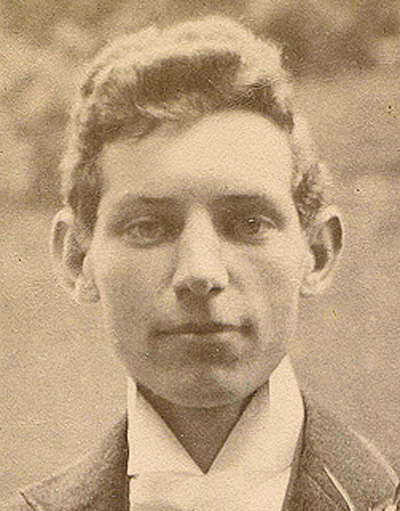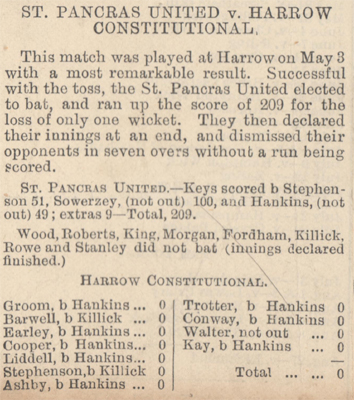Herbert Chiverton Meyrick was born on the 18th October 1874 at Apley Castle. The 4th son of Sir Thomas Charlton Meyrick (14th March 1837 – 30th July 1921), Member of Parliament (for Pembroke between 1868 and 1874), 1st Baronet, C.B., and Mary Rhoda Hill (died: October 4th, 1924).

Herbert went to Eton (1888-1891) and fought in the Boer War serving in The Rhodesian Field Force (1900-1901). He was drowned at his home, Apley Castle, on the 19th May 1909.

In August 2017 I acquired a large photograph album and scrapbook from an online auction website after being found at a ‘local flea fair’. Originally it was was the property of Herbert Chiverton Meyrick of Apley Castle, Shropshire. He compiled it during his time as a pupil at Eton College and afterwards. It contains his photographs, drawings and cuttings as well as his Eton College leave notices, his punishment references, detention slips and other ephemera that he felt was significant enough to him for it to be kept.
Herbert was at Eton in the 1880’s but appears he did not perform well academically. Although he did later take an army commission serving with distinction in the Boer War and excelling as a horseman.
Tragically, bravado on his horse got the better of him – in 1909 he rode his horse bareback into Apley Castle lake where he fell off and drowned. Apley Castle was built in 1792, it no longer exists and was demolished in 1955.
Amongst the various cuttings and pictures are three Eton Requests for Leave and twenty-two Punishment Slips. Herbert seems to have been rather proud of these and they include reasons for punishment and the Latin prep to be completed. Also there are cuttings relating to cricket matches including one where Harrow Constitutional managed to score nought against St Pancras United’s innings of 209 (below).

He would have been in his teens at the time the scrapbook was was started so it reflects his interests during his younger years and later after he served in the Boer War.
Herbert died in 1909, five years before the outbreak of conflict in 1914. This is an interesting and very personal document relating to the English privileged classes and to a young man who lived and died during an era that was to be swept away forever during the First World War.
